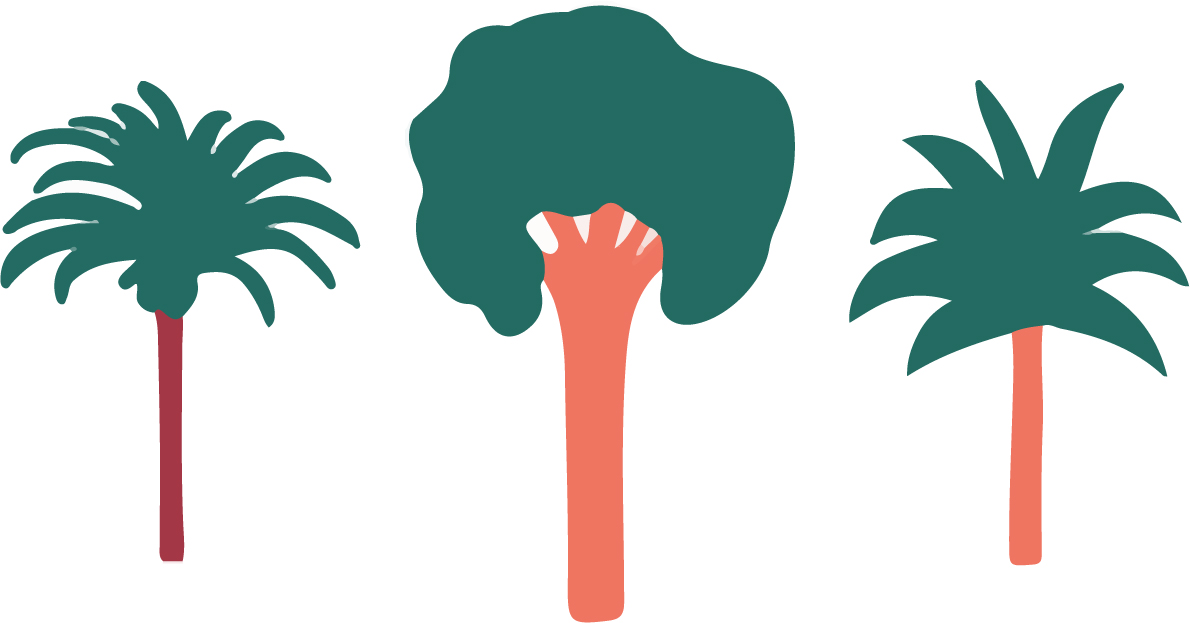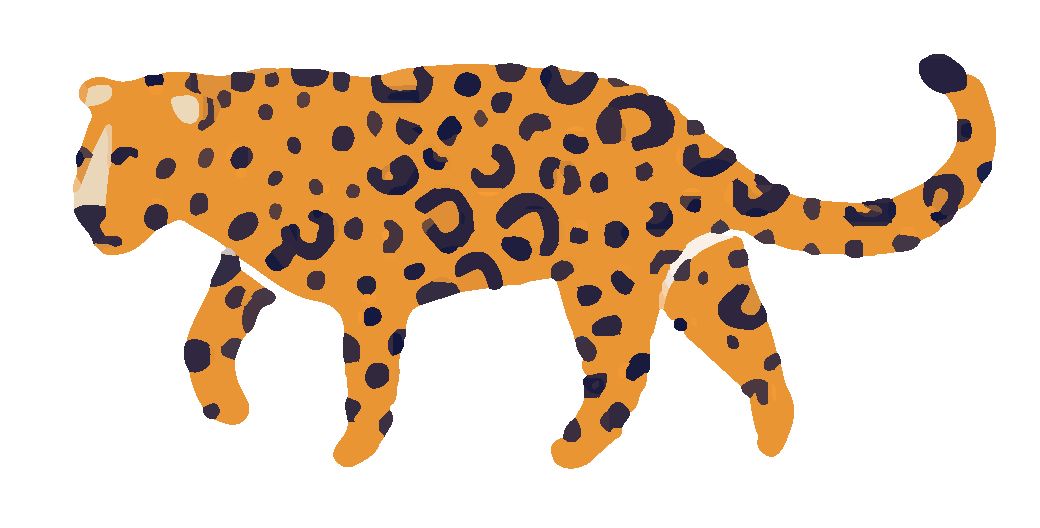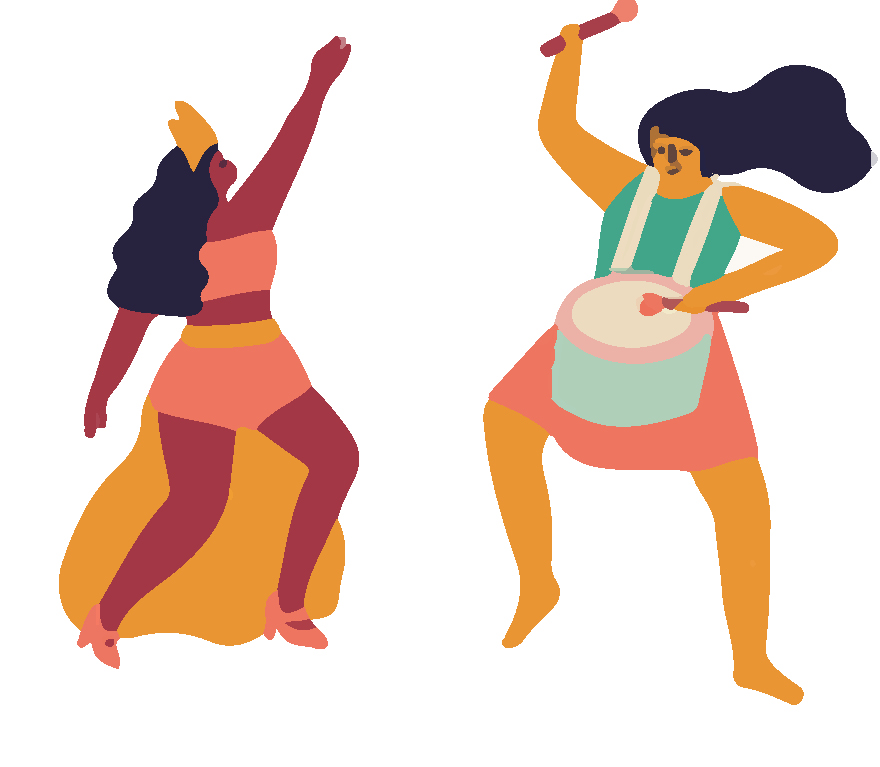
Brazil, the country of carnival, soccer, and nuts, also has a word for the absence of happiness—a term of such beauty that it bestows a perverse joy on its users. Saudade represents a feeling so fundamental to the human experience that it warrants inclusion in this book, because, as the philosopher Kierkegaard wrote, there is “bliss in melancholy and sadness.” Scientists over the years have concurred with Kierkegaard and researchers from the University of New South Wales found that sadness can help improve attention to detail, increase perseverance, and promote generosity. Most of us will have experienced a bittersweet pleasure in moments of melancholy—reminiscing, flicking through old photographs, or caring about anything or anyone enough to miss them when they’re gone. The only way to avoid sadness and regret completely is by avoiding life—and we only appreciate the light if we’ve experienced shade. This is why saudade matters.
Originally associated with both the rise and fall of the Portuguese empire, saudade started life as an expression of sorrow felt for those who departed for long journeys, with survivors feeling that something was missing in their lives thereafter. But saudade’s ascendance in Brazil is from the perspective of the people newly arrived in a strange land—often against their will—rather than those left behind. The Portuguese made themselves so at home in Brazil that it’s the only country in South America that speaks Portuguese. In other words, there’s a whole lot of saudade going on.
Saudade often carries a sense that the thing you’re nostalgic for won’t ever happen again. As the 17th-century Portuguese writer Manuel de Melo put it, saudade is “a pleasure you suffer, an ailment you enjoy.” It’s inspired numerous artists over the years and a wealth of classical images of saudade show a father looking out to sea without knowing if his son will ever come back, or a widow wearing black because her love’s been lost in a shipwreck, or children growing up fatherless because their dad’s been deported. You know, the usual cheerful fare.
“It’s a longing for someone or something that you don’t have any more that you love—be it food, or weather, or a place you’ve lived or a person,” Danielle, originally from Fortaleza in the north-east, tells me. Today, there is an affectionate rivalry as to whether Brazil or Portugal “own” saudade, but in terms of scale and suffering, Brazil wins. The majority of the Brazilian population was formed by the influx of Portuguese settlers and African slaves, mostly Bantu and West African people, so Brazil’s history is messy and painful. Even once slavery had been outlawed in the 19th century, economic necessity forced many to leave their homes and the people they loved.
Throughout hundreds of years of deprivation, saudade became so central to the Brazilian psyche that it was given its own official “day.” Dia da Saudade takes place on January 30th every year, when it’s common to hear music about nostalgia as well as to share poems and stories about the feeling and the people or places that have inspired it.


“It’s ‘I love you’; it’s ‘I miss you’—but bigger; it’s everything,” says Danielle. “Saudade for me is the lingering memory of someone or something that you’re really happy was a part of you. You may be sad because you haven’t got it, but you remember it happily because you had it once.” Saudade can also describe the feeling of missing something that still exists, but that you can’t have any more—like Opal Fruits or “the one that got away.” Imagine if you’d ended up with your first love. Imagine a life with them. Strange, isn’t it? A little like a “Schrödinger’s spouse,” the relationship might have worked, but then again it might not. That heady, intoxicating, all-consuming lust, where you ache for someone and feel like you’re falling out of a window, could never have lasted. Could it? If you found them again now, there might not be the spark that there once was. They might not be the same person any more. You certainly aren’t. It might have been for the best that you lost each other when you did. Similarly, the widow at the docks in all the old saudade paintings could suddenly find out that her husband had survived, and he could come back a changed man, or having met someone else. The sailor may return home, but his beloved might have moved on, his ailing parents might have died, his town might be different, he might end up feeling that he’s lost connection with the very things he was nostalgic for just days before while at sea. There’s an ambiguity in saudade—or, rather, a complexity—and an understanding that some losses are unavoidable, and that that’s OK.

Psychologists agree that there is merit to this way of thinking. Acknowledging that sadness is part of our reality and that it’s “OK not to be OK” is healthy; it helps us to come to terms with the fact that some degree of suffering in life is normal and that we’ll get through it. This doesn’t mean that we care any less—we can mourn and experience full-blown saudade, then get on with our day. With saudade, we can have our emotional cake and eat it too—no wonder it’s been a muse for so many artists over the years. Musicians, too, have taken their cue from saudade and it’s inspired bossa nova composers from João Gilberto to Vinicius de Moraes and Tom Jobim, who wrote the now famous “Chega de Saudade.” This song has a very special place in Danielle’s heart, she tells me, because: “My husband played it to me when he was trying to get me to go out with him.” It worked: she’s currently seven months pregnant. “It’s melancholy,” she tells me as we listen to the song on YouTube, “—but it’s a pleasant melancholy. And it’s a counterbalance to that very ‘up,’ sometimes over the top, Brazilian carnival spirit.”
Saudade has been described as a “presence of absence”—a bit like desire—and “you can be among thousands of people but none is the one you want to be by your side,” is how Danielle puts it. But it’s not a pity party: “Saudade is the moment you realise how important people are in your life and the moments you’ve taken for granted,” she says. So saudade makes you grateful for what you’ve got—and aware it might be gone in a heartbeat. This is an approach to happiness that’s been around for millennia, with the Stoic philosopher Seneca recommending that we imagine losing everything—regularly—so we learn to value what we have. And yet somehow, in the rest of the world, we’ve forgotten this useful lesson. Negative emotions and thoughts—even ones that might ultimately be helpful—tend to get pushed down and buried under a fug of “busy” or “just haven’t had enough coffee yet this morning.” But not in Portugal or Brazil. “Saudade makes us feel things more deeply,” says Danielle, “both the sadness and the joy. And it reminds us to celebrate what we have. So we’re always ready to dance; we’re always ready to love; and we’re always ready to welcome in loved ones.”

Hospitality is next to holiness in Brazil and Danielle tells me she has relatives who vacuum twice a day in case visitors come around. “You see your friends every week. At least. And then I have about a million cousins…” she tells me, “so we always have extra food so that we can invite them to join us for whatever the next meal may be.” The first question a Brazilian will ask when they open the door to someone is often “Have you eaten?” and in the country of carnival it’s little surprise that there’s a warmth to the national character. The climate helps: it’s 86 degrees most of the year where Danielle is from, “except in winter when it’s 81 degrees…” she says. But they’re also a tactile bunch. Another of my favorite Portuguese words is cafuné—the act of someone touching your hair or head in a loving, caressing way, like a massage (“we’re big fans of cafuné in Brazil”) and aconchego or “warmth”—meaning to be held or welcomed by someone. “We’re always touching. We’re always demonstrative,” says Danielle, hugging herself as she speaks. Human touch releases oxytocin, the “love hormone,” which promotes feelings of well-being and is the best cure for loneliness, according to neuroscientists. But there’s something else, too, says Danielle: “We’re also more open to joy than you probably find in the rest of the world.” Indeed, there’s even the carnival-esque word desbundar, meaning “shedding your inhibitions and having fun.”
Carnival season kicks off in January and Rio is the biggest of the bunch, “but really it’s everywhere,” Danielle tells me, adding that people dance in the streets in broad daylight. Sober? “Mostly!” Wow. Dancing not only releases endorphins (in common with exercise in general) but studies from the University of Hertfordshire have shown that it also improves self-esteem. “In Brazil, we get a catharsis from really letting our hair down like this. We’re more relaxed,” Danielle tells me, “and it’s the same with saudade. It’s a way to cope—a way to survive when there are so many problems for many people—like with the government for example.” Political corruption is widespread in Brazil. “People also work long hours; there’s huge social inequality and high unemployment rates—so we learn early on to be happy with less,” Danielle tells me. Seeing family and friends, whenever she can, is what’s most important. And remembering them when they’re not around any more is a way of honoring them, as well as “exhaling” our emotions—good and bad.

I like the idea of celebrating happiness past as well as present. Saudade feels like a love letter to loss: a necessary slackening to stay afloat and a way to acknowledge the people we care for as well as our hopes and dreams—whether they’d have turned out the way we envisage or not. I miss my grandfather. I miss an old friend who I can never be as close to as I’d like to be again. I ache for both. But I’m grateful that they were in my life for the time they were. And now I’d quite like to go and have a cry for them. And then, maybe, I’ll feel like dancing…
